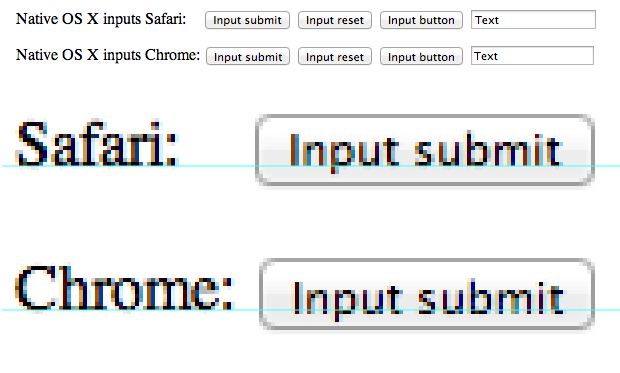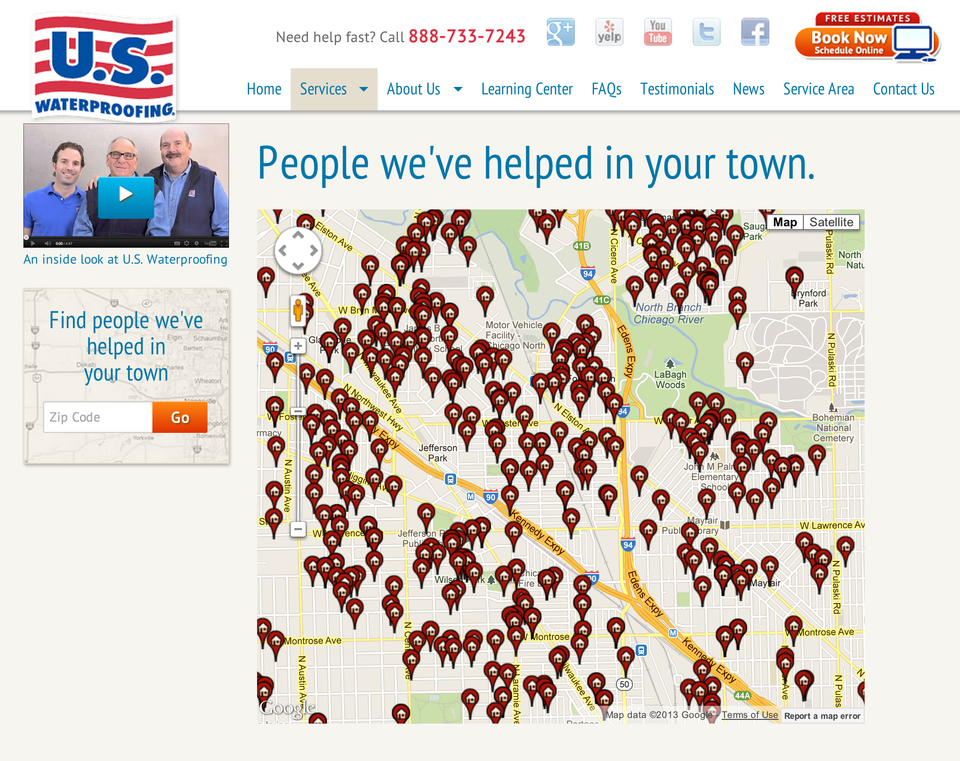Most corporate customer service departments seem to have been reduced to call scripts of apologies with no power whatsoever to actually address the problems they encounter. That’s the conclusion I’m left with after dealing with three business bureaucracies this year: Comcast, Verizon, and American Airlines.
All train their front line people to glaze the interaction with the plastic empathy that’s supposed to make you feel like they care, even when they demonstrably do not. It’s the customer service equivalent of empty calories, but worse, it’s also infuriating.
There’s simply nothing worse than someone telling you how sorry they are when you can hear they don’t give a damn. Nothing worse than someone telling you that they’re doing all they can, when they’re aren’t lifting a finger.
The emotional chain reaction is completely predictable: At first, you’re comforted that someone appears to care even if the tone is off (humans are remarkable at sussing out insincerity). Then you realize that their only job is to get you off the line, not solve the problem. Then follows the feelings of being powerless and betrayed. And then follows the anger.
That’s a vicious cycle and it must be almost as bad on the other side. Imagine having to field calls from customers every day who you want to help, knowing that the only thing you’re allowed to do is feign that “we apologize for any inconvenience you may have experienced”.
What’s so sad too is how little it would often take to resolve the situations. You bend a policy here, you expedite an order there, you bubble an issue up to a manager. A natural, caring organization designed to create passionate customers stretches and bends. A rigid business bureaucracy looks to nail every T on policies, procedures, and practices—customers be damned.
(This post was brought on by my recent experience in American Airlines earned an enemy)











